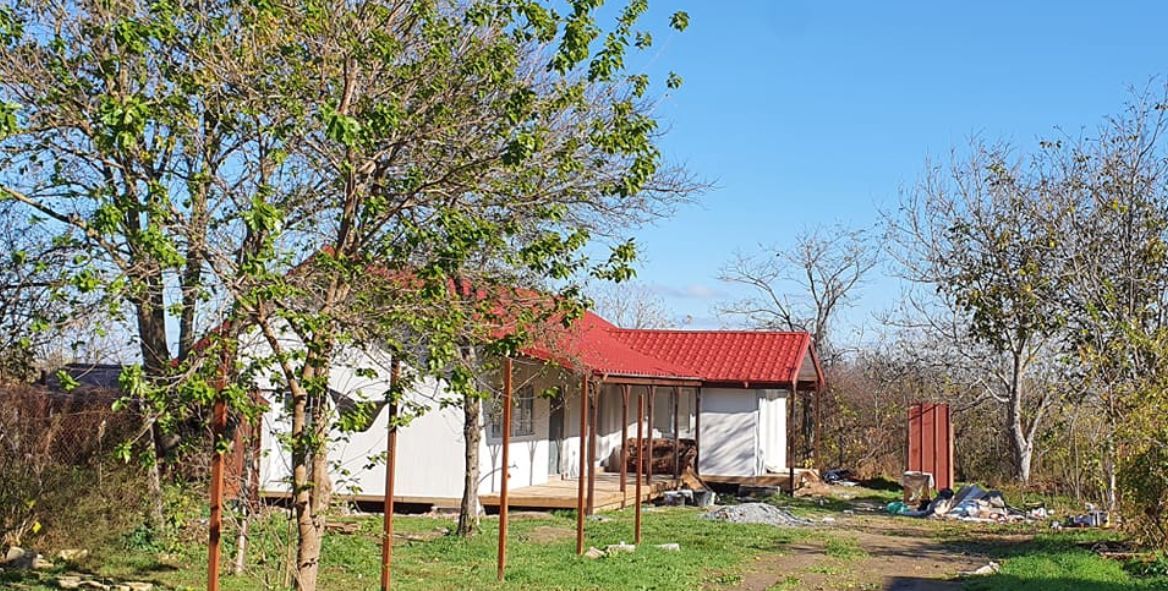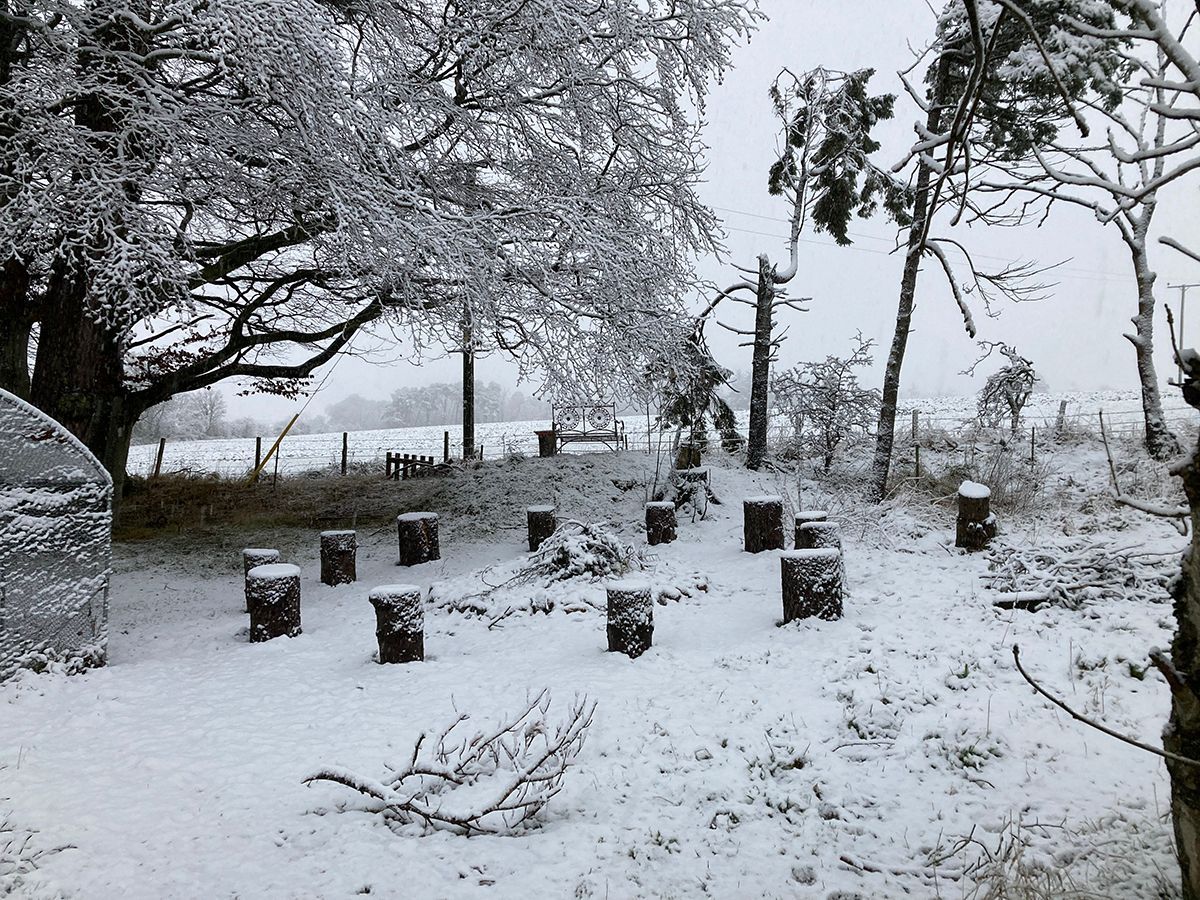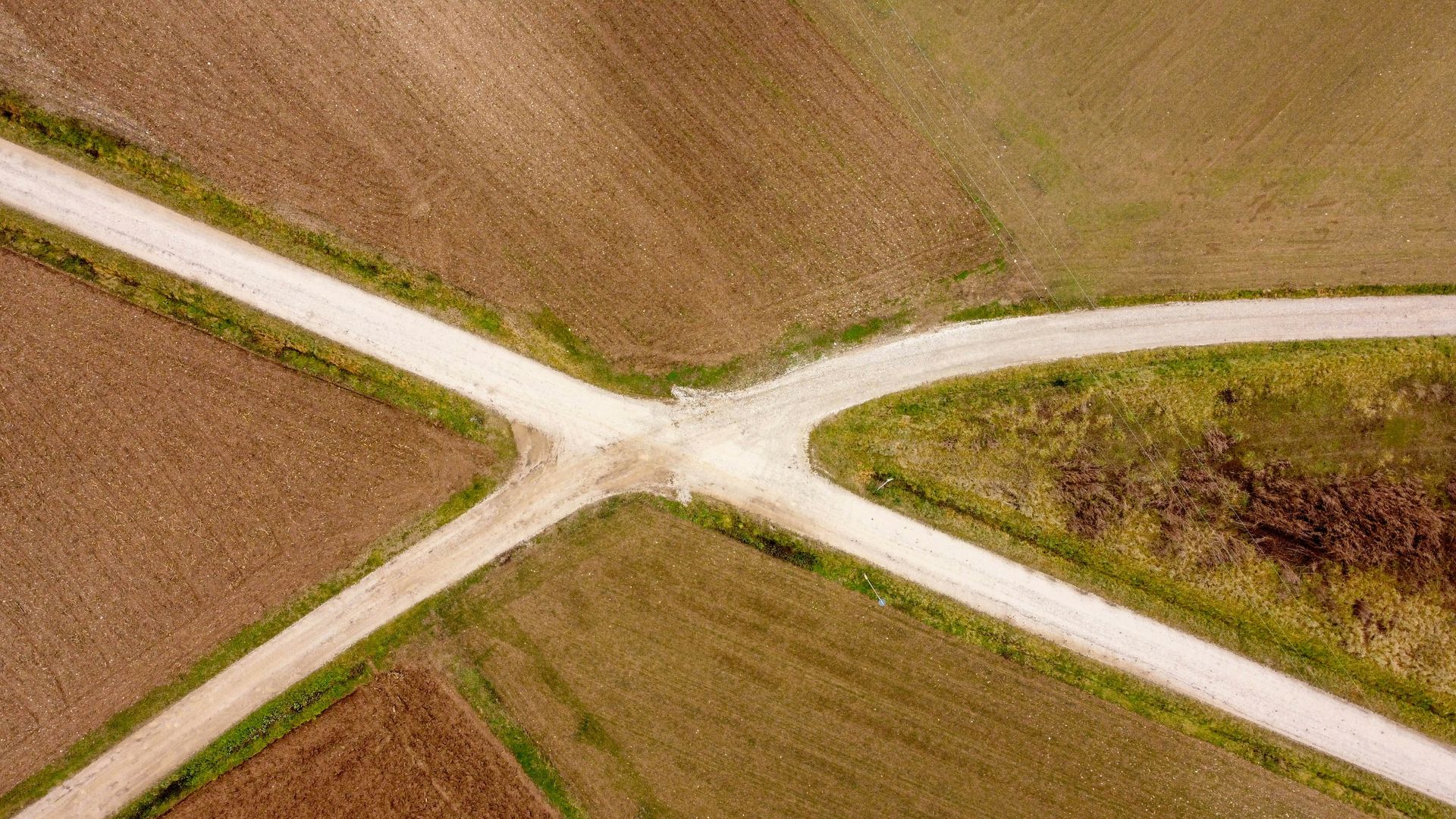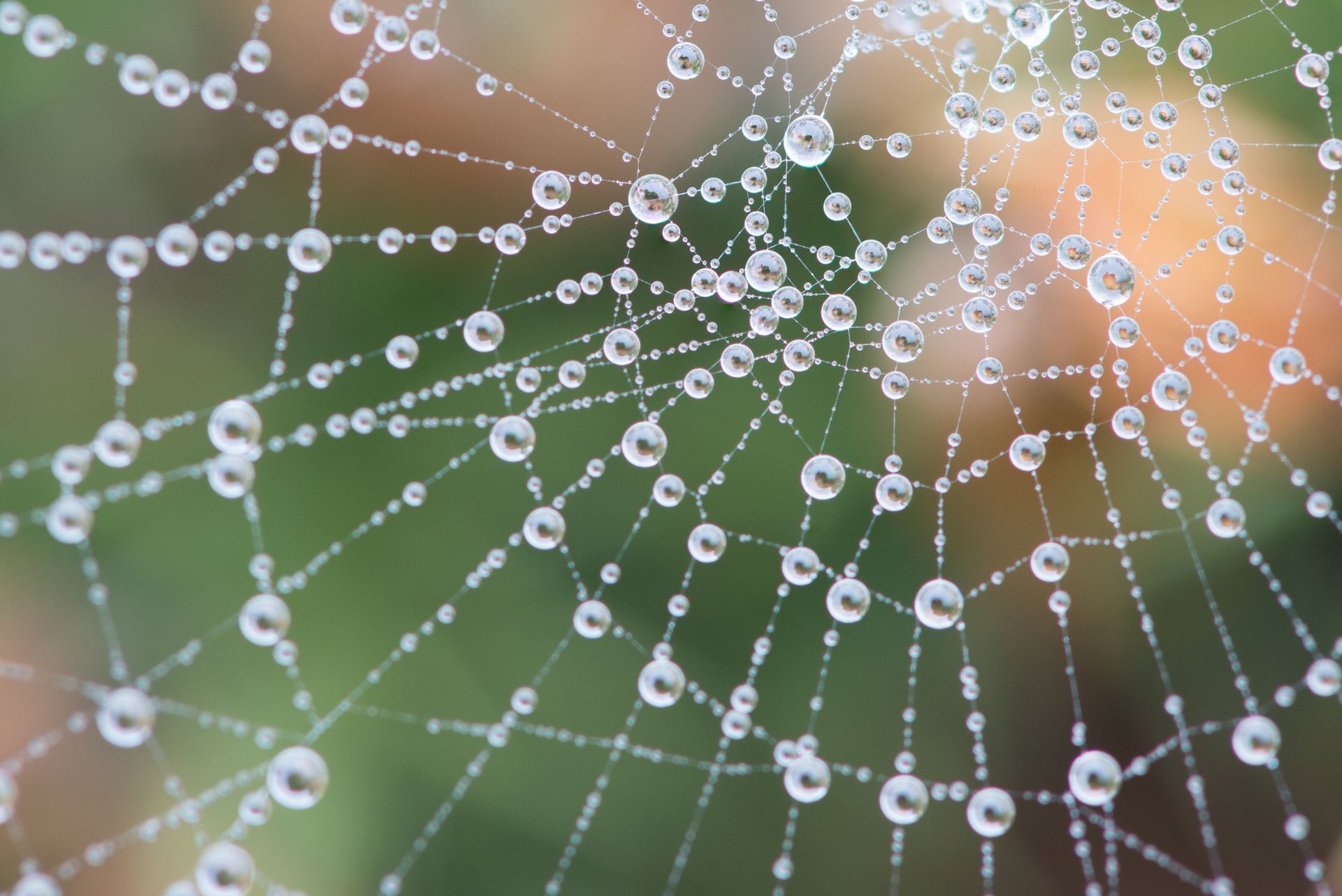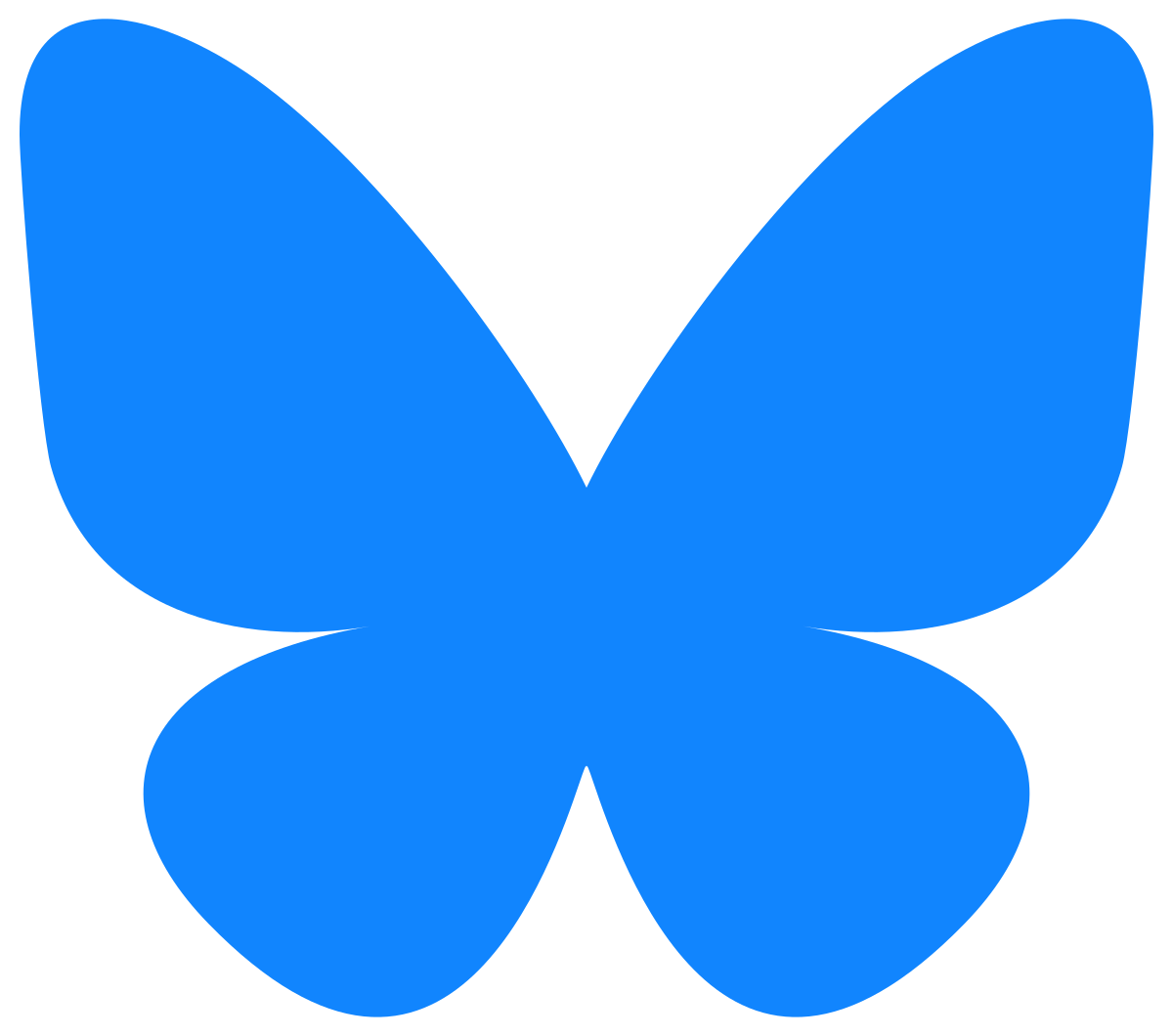I’ve always been a bit ‘off-centre’ with the society we live in, so I wasn’t very surprised when it started to become obvious that we’re in the first stages of a comprehensive collapse. I’m still terrified when I think about how much worse it will get for the planet, and for large numbers of innocent people, and I get very sad when I think how much of our cultural and artistic legacy might be lost forever. Above all, it makes me very angry to see how the rich, powerful elites are making everything so much worse, whether it’s through war, or tearing the Earth apart, or grabbing as much of it as they can for themselves. But like most of us, I’m also good at just getting on with my life so I don’t get totally overwhelmed.
I was born way back in 1942, in the middle of World War 2, and lived most of my life in England. I had a privileged upbringing (private school, Cambridge University) and made a start on a promising career in management training, including a few months ‘on loan’ to Westinghouse in the USA. But I got very fed up with having to pretend I actually believed all the overblown management bullshit I was supposed to teach, and finally left in my early 30s to try my hand as a carpenter. I started my own small building company, we re-formed it as a workers’ co-operative, and I enjoyed many years of this life in London. After 15 years of this I finally got fed up with city life, moved up to the Yorkshire dales, and lived there for 10 years off-grid with my partner Jane.
We moved down south again when I was in my early 50s. Jane died of cancer in 2003.
I re-trained as a psychotherapist and practiced in Bristol for about 15 years.
In this role, it’s not difficult to see how toxic our society has become to peoples’ mental health. As therapists we learn all about the psychology of early childhood, etc., and that’s a helpful framework to use. But I think what lies behind all this is our Western societies’ long-running attempt to deny our deep spiritual connection with ourselves, our communities and the natural world we live in, and to replace them with artificial substitutes based on our cleverness with technology. We have become very good at lying to ourselves about who we are and what we are living for.
Over the last 10 years I’ve done a lot of research on Collapse and related issues, and made several attempts to actively engage with it. Some of these were moderately successful, some weren’t. It’s not such an easy thing to engage with! Most of us just don’t want to know, even though we may also feel very uneasy about what’s happening all around us – to the climate, to civil society, to marginalised groups, you name it. Many of my friends are aware of all these signs and symptoms of collapse, but they don’t really want to freak themselves out too much by actively thinking about it.
One or two of them suggested I might do better to write about it instead of just talking, so in the end I researched, wrote and self-published a book. It’s called
Village Building at the End of the World, and I think it’s still available on Amazon, although it will never be a best-seller, because it’s much too personal and I’m not well-known in the field. But you might like to check out a 45-minute interview about it which I did with my psychotherapist colleague Els van Ooijen. It’s on YouTube at
https://www.youtube.com/watch?v=l699RMbsUYY.
One of my aims in writing this book was to show that there are many different but mutually reinforcing ways of framing ‘collapse’, and it helps to understand the situation from many different points of view, otherwise we can become obsessively fixated on one ‘story’ and ignore the fact that it’s a very complex whole. There are socioeconomic lenses we can look through (capitalism, financialisation, inequality etc.), historical lenses (eg. Toynbee’s view of civilisations as organic structures that grow, flourish, decline and then die), psychological lenses (the addiction to consumerism, left-brain thinking, patriarchy) and psycho-spiritual lenses (eg Paul Levy’s work on Wetiko, Rudolf Steiner’s work on Ahriman, Thich Nhat Han’s many writings on our spiritual relationship with the Earth) – amongst others – and they are all relevant to what we call Collapse.
So, there are many references to spiritual teachings in my book. I’ve been particularly attracted to the sense of the Earth as Gaia, the Goddess. I can’t ever forget how wonderfully alive my partner Jane and I felt while we were living off-grid in the Dales, so close to Nature. It’s not hard to imagine the Earth herself as a living, conscious Being who supports and nurtures all the life-forms to which she has given birth over the two or three billion years of her existence. I find time spent in Nature is a great psychological comfort in the middle of the chaos we’re living through.
In 2018 I went to Peru on an Ayahuasca retreat with my Romanian friend Gina, and it was when the plant medicines went to work on me that I was once again able to realise this connection as a lived reality rather than just an attractive theory. Shortly after returning from Peru, I had a kind of a ‘vision’ of the activities of the cosmic entity that Rudolf Steiner referred to as Ahriman. These are directly relevant to Collapse, but I don’t like to talk about it too much, because people naturally tend to think you’re a bit crazy if you insist on bringing this kind of thing into the conversation!
Gina and I talked a lot about Romania. The Romanian people still have a strong connection with the land, which we in England have largely lost, because so many of our old villages have been taken over by commuters and well-off people with second homes. To cut a long story short, we got married 3 years ago so that I could be with her in Romania. When Jane died of cancer 20 years ago I told myself I’d never marry again, but the dislocation caused by Brexit meant that we had to have that piece of paper!
In 2020, while I was still working on my book, Gina and I bought a plot of land in a village near the Black Sea coast. Like the rest of the country, it’s being rapidly ‘modernised’, but there are still people living here who produce much of their own food and sell it in the local market. We’ve built ourselves a wooden house which isn’t quite ‘eco’ – the proper ‘eco’ materials are either unavailable or very expensive here, and the local builders have no experience with them. So, we just did what we could and put a lot of attention into insulating the place to keep it cool in the summer and warm in the winter. And here we are now, waiting for whatever comes next...
You can contact Chris with feedback or comments through the Collapse Club email group (link below), or by sending a message to welcome@collapseclub.com.
